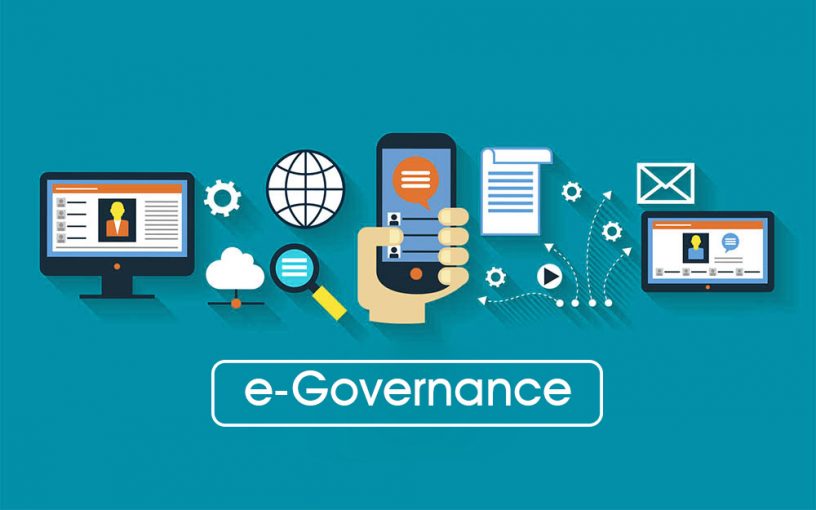
The study explores eight core-competencies towards future oriented and sustainable e-governance for developing countries using the theory of strategic intent and sequential exploratory mixed method research. The author proposes a research model that can help moderate or maximize any given core-competency.
Author: Dr. Apeksha Hooda, University of Delhi, New Delhi, India. (She is currently a faculty in the area of Information Systems at Jindal Global Business School, O.P. Jindal Global University, Sonipat, Haryana, India).
Summary:
The present study aims to investigate themes of core-competencies that should be developed to ensure the implementation of future oriented and sustainable E-governance across developing countries and further empirically investigate relationship among the identified themes.
The study has utilized the learning from the Theory of Strategic Intent which suggest that the most effective way to modernize the organization which is both sustainable and have future orientation is to build core-competencies.
The present study is conducted using a sequential exploratory mixed method research. Based on the exploratory study, eight themes of core-competencies are identified, namely, Process Management (PM), Employee Engagement (EE), Internal Service Quality (ISQ), External Service Quality (ESQ), Citizen Satisfaction (CS), Leadership, Culture and Technology.
The findings of the exploratory study along with literature support forms the basis of proposed research model which is then empirically tested with the 359 respondents from the two government departments in India using Structured Equation Modelling (SEM) technique in IBM AMOS software.
The findings of study revealed that Process Management core-competency leads to high Employee Engagement. The Process Management and Employee Engagement together lead to high Internal Service Quality which in turn leads to high External Service Quality.
This high External Service Quality leads to enhanced Citizen Satisfaction. The three core-competencies, namely, Leadership, Culture and Technology further moderate the impact of independent variables on the dependent variables in the model.
Published in: ICEGOV 2020: Proceedings of the 13th International Conference on Theory and Practice of Electronic Governance
To read the full article, please click here


